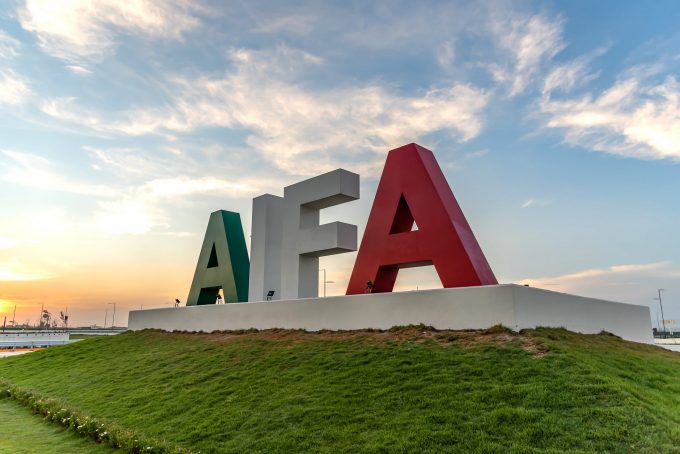DHL sees opportunities as end of US de minimis exemption looms
DHL, for one, appears optimistic about the possibility of the US ending the de minimis ...

The migration of freighter operations from Benito Juarez International, the main airport serving Mexico City, to Aeropuerto Internacional Felipe Angeles (AIFA) is under way.
DHL, the first operator to start services to the designated freighter airport for the Mexican capital, has been joined by China Southern Airlines.
The Chinese airline brought its first flight into AIFA on 2 March from Shenzhen, after resuming flights to Mexico in January following a three-year hiatus. It serves the Mexican capital three times a week.
The movers ...
Asia-USEC shippers to lose 42% capacity in a surge of blanked sailings
USTR fees will lead to 'complete destabilisation' of container shipping alliances
New USTR port fees threaten shipping and global supply chains, says Cosco
Outlook for container shipping 'more uncertain now than at the onset of Covid'
Transpac container service closures mount
DHL Express suspends non-de minimis B2C parcels to US consumers
Zim ordered to pay Samsung $3.7m for 'wrongful' D&D charges
Flexport lawsuit an 'undifferentiated mass of gibberish', claims Freightmate

Comment on this article